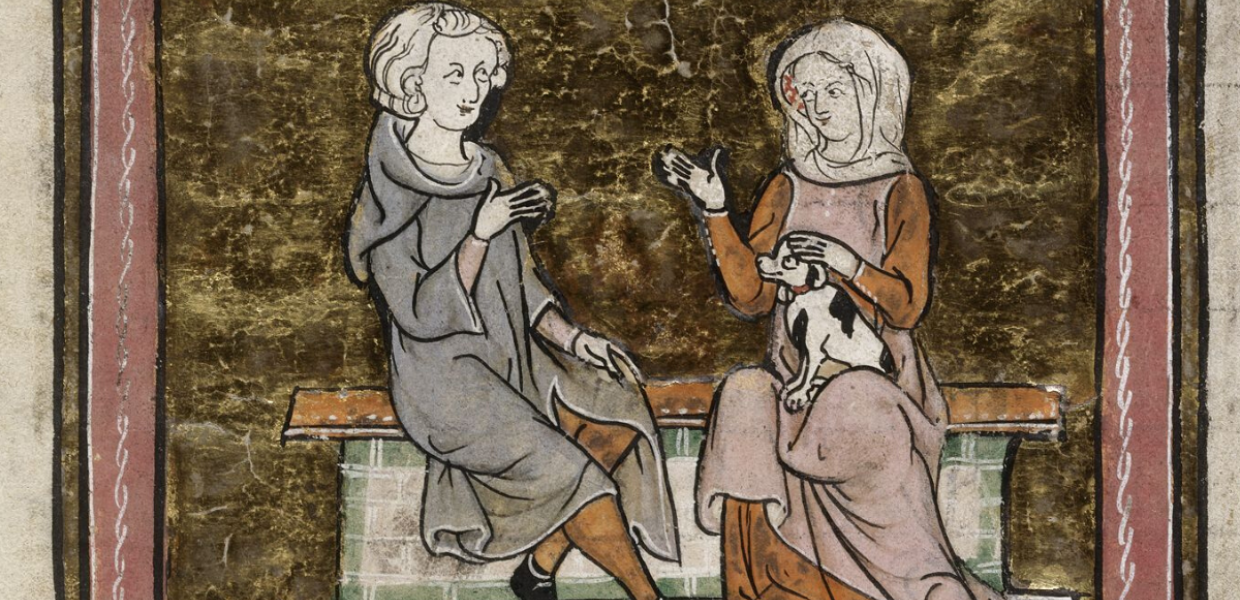About out of commerce works
Many cultural heritage institutions across Europe have large collections of works which have a high cultural value, but no longer have (or have never had) commercial value. Because these works may still be under copyright, institutions need to ask permission to make them available to the public. Identifying and obtaining such permission from all rights holders requires a resource investment that cultural heritage institutions cannot always make. Due to the risk of copyright infringement, these works often remain unavailable to the public.
However, the out of commerce works articles in the Directive on Copyright in the Digital Single Market (adopted by the European Union in May) provide a legal framework that removes the need for individual rights clearance for out of commerce works. A cultural heritage institution will be able to make works available to the public under an exception to copyright or license agreement concluded with collective management organisations (entities that collect copyright revenues on behalf of authors). If no such organisation exists for the type of work that can give licenses to make works available online, an exception to copyright applies.
If you want to understand the details, have a look at the explainer by Paul Keller or at the Communia Guide for the Implementation of the Directive.
The Provision at a national level
The Out of Commerce Works Provision will ultimately make it easier for cultural heritage institutions to digitise and share works that are out of commerce, but much of the success of these new rules depends on what happens in each country. National law-makers can decide to turn it into a restrictive (and almost unusable) provision, or rather one that effectively responds to the needs of the cultural heritage sector.
Crucially, you can be a part of this decision-making: the Directive establishes that governments have to consult cultural heritage institutions (among others) on the topic of out of commerce works by organising stakeholder dialogues. These are your chance to tell your government what matters to you regarding out of commerce works.
Being Part of the Stakeholder Dialogues
The new Copyright Directive (have a look at Article 11!) states that governments must, ‘consult rightholders, collective management organisations and cultural heritage institutions in each sector before establishing specific requirements’ to decide what is an out of commerce work, and organise regular sector-specific discussions, ‘to foster the relevance and usability’ of the licenses for out of commerce works. In less technical terms, this means that cultural heritage institutions need to be consulted on how to define what is an out of commerce work, and should be invited to discussions around making licenses adequate and meaningful.
The government (its body responsible for copyright, such as the Ministry of Culture or of Justice) should extend invitations for cultural heritage institutions to participate in these discussions. If you do not receive one, reach out to the relevant authorities to express your interest. Doing this ahead of this process is in any case a good idea to make sure that the government knows you.
Ahead of these discussions, take note of the following:
- You are a stakeholder! Cultural heritage institutions are clearly considered a stakeholder by the Directive, which also establishes that these discussions will take place on a sector-specific basis. There are no limits as to how many institutions (per sector or overall) can be part of the discussion - the more, the merrier!
- Prepare your arguments. This is an uncomfortable truth: you have to dive a little bit into the copyright details. Have a look at the current legislation and at the new out of commerce works provisions (articles 8 to 11 of the Directive or the Communia Guidelines’ part on out of commerce works). Crucial questions to consider include: what effort to determine whether a work is in commerce is considered reasonable? Do works under long-term loan fall under the scope of these provisions? What is a sufficiently representative collective management organisation? What are the elements that make them representative of one specific sector of creation, and of certain rights? What happens if a collective management organisation is sufficiently representative, but the negotiations with a cultural heritage institution are not successful and the license is not granted?
- Get ready to negotiate licenses. There will also be practical discussions around licensing. Are the conditions proposed fair? Are they difficult to agree? That’s the place to discuss this. Be prepared to meet some strong views and to negotiate. Again, you can find some more tips and further detail in the Communia Guide for the Implementation of the Directive.
Cultural heritage professionals in every country need to be involved in these consultations to find the answers. Making sure that adequate provisions are in place and that legislation is clear and simplified, will facilitate using and interpreting the law afterwards.
As cultural heritage professionals, you have the opportunity to bring to the table your practical experience and day-to-day struggles of dealing with out of commerce works and copyright clearance. You, better than anyone else, can judge what solution will be the most suitable.
If you have any questions, or if you have been part of these discussions already and would like to share it with others, reach out to us.



